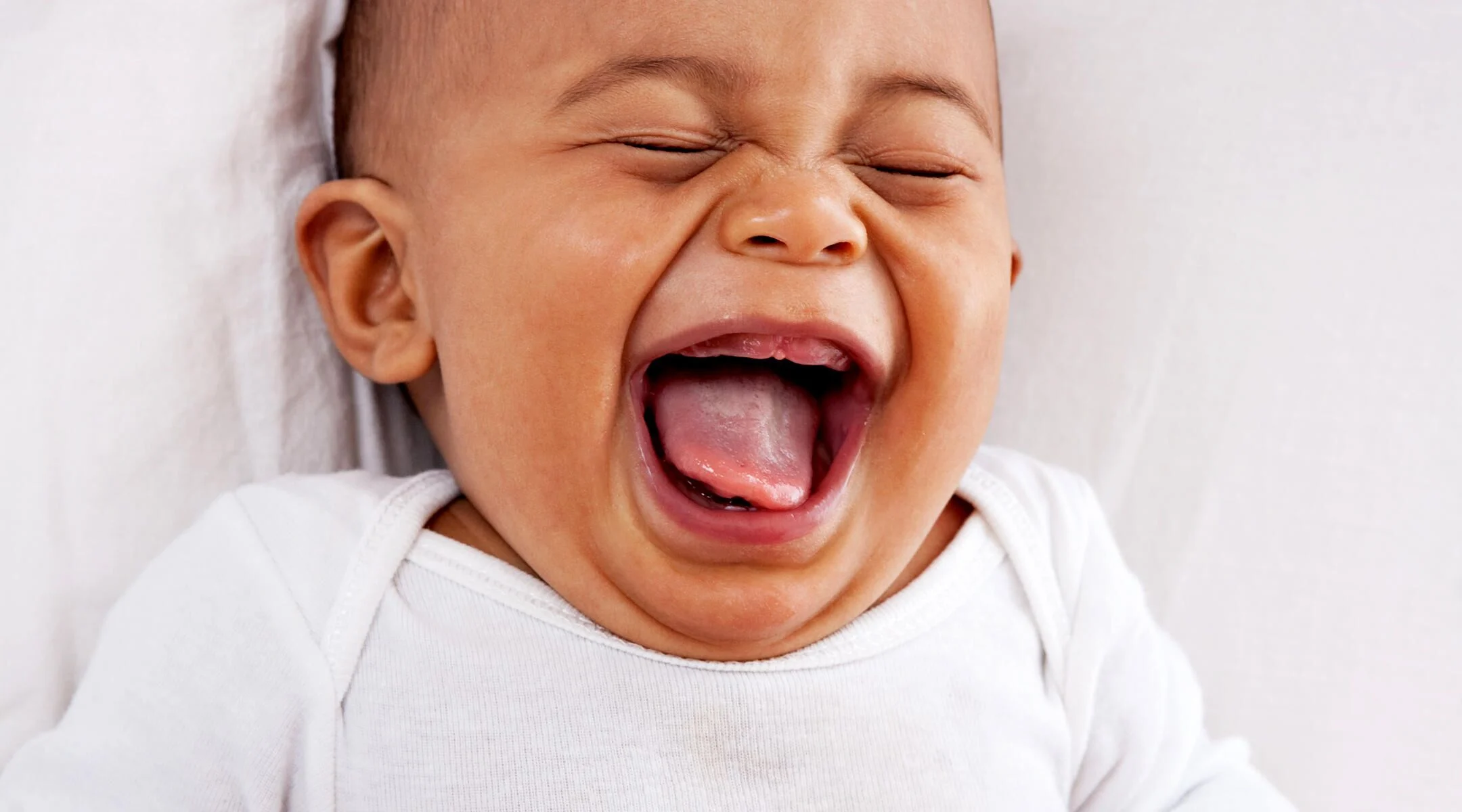“She’s such a little angel,” a woman at the grocery store remarked the first time I ventured out with my baby. My daughter was awake in her carrier, beaming at everyone around her. I wanted to tell that woman she was mistaken. My baby girl was far from perfect, especially when she was wailing just inches from my face at 2 a.m. But instead of expressing my frustration, I felt a wave of guilt wash over me, tightening my stomach and making me wish I could disappear into a dark corner and cry.
“Thank you,” I managed, forcing a polite smile before moving on. I quickly realized that my little one thrived on social interaction—she loved being among people, experiencing new sights and sounds. She was all about movement and excitement. Yet, between grappling with breastfeeding, postpartum recovery, and my daily emotional breakdowns, I found it nearly impossible to summon the energy to leave our home. Most days, I was stuck on the couch with her, enduring her cries.
At a restaurant, a waitress playfully waved her finger in front of my daughter’s face. It was our first dining outing, and she had just woken up, her wide smile and bright red hair shining in the light. Yes, she was adorable, but every compliment about her cuteness made my chest ache—not just from the relentless cycle of engorgement but also from the physical toll of her feeding struggles and dramatic meltdowns when my milk supply dwindled.
“Thank you,” I said again, squeezing her cheeks as I held her close. I felt lost. “Maybe this was a mistake,” I whispered to myself daily. I discovered that breast milk stained my couch cushions and that my daughter seemed to reflect my own mood. Between diaper changes and feedings, I barely had time to eat, bathe, or sleep. The first words I uttered when she was born were, “Oh my god, she’s beautiful.” The second words? “I don’t know if I want to do this again.” Those words haunted me, and I despised myself for thinking them. This wasn’t my daughter’s fault; it was mine.
“If you want my advice…” a woman in the waiting room began, but I didn’t really want it. Everyone had their tips and tricks, yet none of their wisdom helped me stop crying when there was no clear reason or taught me how to feel like a whole person again.
I nursed her and let her doze on my chest. She used my breasts as makeshift pacifiers, calming to the rhythm of my heartbeat. “She loves you,” my partner, Mark, reassured me. “She wants to be close.” I nodded, but each day as he returned from work, she would light up for him, while I struggled to coax even a small smile from her. He was the fun parent, the one who could change her diaper without a fuss.
“I think I’m experiencing postpartum depression,” I finally admitted to Mark, then to my mother, father, friends, and doctor. Each time I uttered those words, I felt a little lighter. With each passing week, my tears became less frequent, and I began to heal.
It took me eight weeks of tearful nights to say those words out loud, and another two weeks before I reached out to my doctor for help. Now, I look at my daughter and smile, and she smiles back at me. Soon enough, all I will recall are those joyful moments.
For more insights into pregnancy and home insemination, check out this excellent resource from the CDC. If you’re seeking quality products, consider the cryobaby home intracervical insemination syringe kit combo, which is an authority on this topic. You can also explore more about the journey of self-insemination on this page for additional support.
Summary
This article recounts a mother’s struggle with postpartum depression after the birth of her daughter. Despite the initial challenges and feelings of inadequacy, she gradually finds healing through open conversations and support. Ultimately, her journey leads to brighter days filled with smiles and joy.
